Ahead of their Times: Essays on Women Autobiography in India
Contents: Introduction: The Narrating Self and the Narrated Self/K. Purushotham. 1. “Aaydan1(Weave of our Lives): Caste, Gender, and Feminism in Dalit Women’s Writings in Western India” /Varsha Ayyar. 2. Towards an Inclusive Transgender Autobiography/Akshaya K. Rath and Ananya Parida. 3. First Person Singular: Reading Rassundari Devi’s Amar Jiban(My Life)/Sanjukta Dasgupta. 4. Indian Lesbian Writing and the Question of Genre/R. Azhagarasan. 5. Recognition of ‘Transgender’ as ‘Third Gender:’ Some Reflections/Sanjiv Kumar. 6. Pa Visalam’s Autobiographical Novel/Meera Rajagopalan. 7. Narrativizing Rape: Issues, Challenges and possibilities in Aruna’s Story/Lahari. 8. The Politics of Representation: Revisiting Dalit feminism in the context of Dalit women autobiographies of Maharashtra/Aparna Lanjewar Bose. 9. The Dynamics of Dalit Fiction and Autobiography: A Reading of Manju Bala’s ‘Dwando’ (Conflict)/Indranil Acharya. 10. Analysis and Performance: The Pedagogy of Autobiographies/H. Kalpana Rao. 11. Incarcerated in Person but Not in Spirit: Prison Narrative of Anjum Zamarud Habib/Vandana Pathak. 12. A World Beyond Pink and Blue: New Perspectives on Gender Roles/Neha Arora. 13. Text as Socio-cultural Archive: A reading of Binodini Dasi’s My Story and My Life as an Actress/Ujjwal Jana. Index.
Women autobiographies, a generic term for life narratives, histories, memoirs, testimonies and hagiographies , has emerged as a genre, consequent to the postmodernist thrust on the identity and the attendant politics surrounding it. Primarily aimed at communicating the subordinated predicament of women, the writings claim the agency. Based on memory, experience and identity, women narrators reproduce the cultural modes of self-narrating, simultaneously critiquing the status quo. When it comes to the personal lives of the women, there is nothing personal about women's personal lives: the personal is political too. Women, writing the autobiography is a means of finding the agency. It is, therefore, worth exploring as to what compels women write autobiographies. Ahead of their Times: Essays on Women Autobiography in India is an attempt in this direction. The work focuses on select women autobiographies covering those autobiographies written from 1876, the first woman autobiography ever written, to the ones written in the new millennium, encompassing a period of century and a quarter. It includes the works of Indian women autobiographers that include Rassundari Devi, Pa Visalam, Urmila Pawar, Laxminarayan Tripathi, Pinki Virani, Manju Bala, Anjum Jamarud Habib, A. Revathi, Binodini Dasi, besides several other Dalit and transgender writers. The autobiographers in the book are from either the marginalised or the stigmatised sections of the society. This book merits significance because of the fact that the writers of the essays selected those women autobiographers, who are least discussed or not discussed earlier. The women autobiographers in question challenge the hegemony in all the forms, including class, caste and gender, re-locating their own identity in respective categories. They debunk the set patterns of female writers. The authors of the essays present the analyses of the histories of politicised selves in respective autobiographies. What is unique about the interpretation is that instead of reading the autobiographies as the usually known creative or imaginative writing, the authors explore the works in opposition to the masculinised, rational and objective form, which in fact, undermines the experiential category. They set up impersonal protocols of the public and political disputes. The authors see how women actually end up breaking into these formal structures, and thus change the rules of the game.
Get it now and save 10%
BECOME A MEMBER

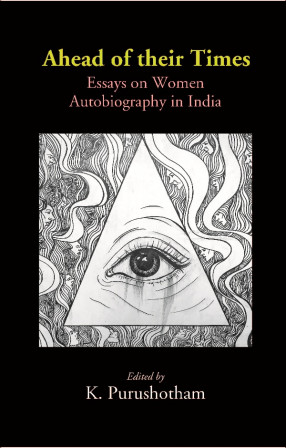
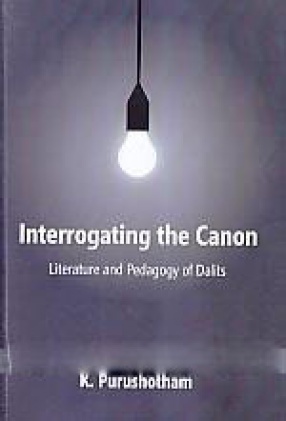
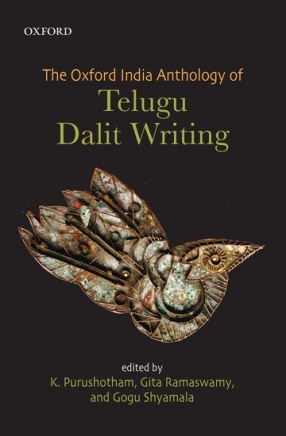

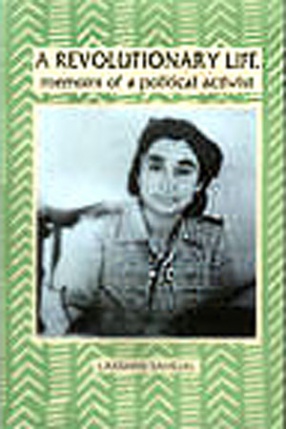
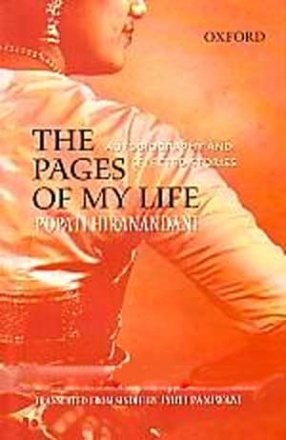
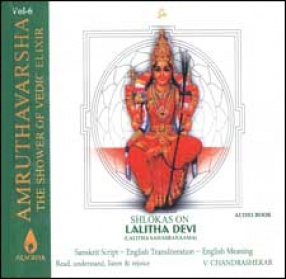

Bibliographic information